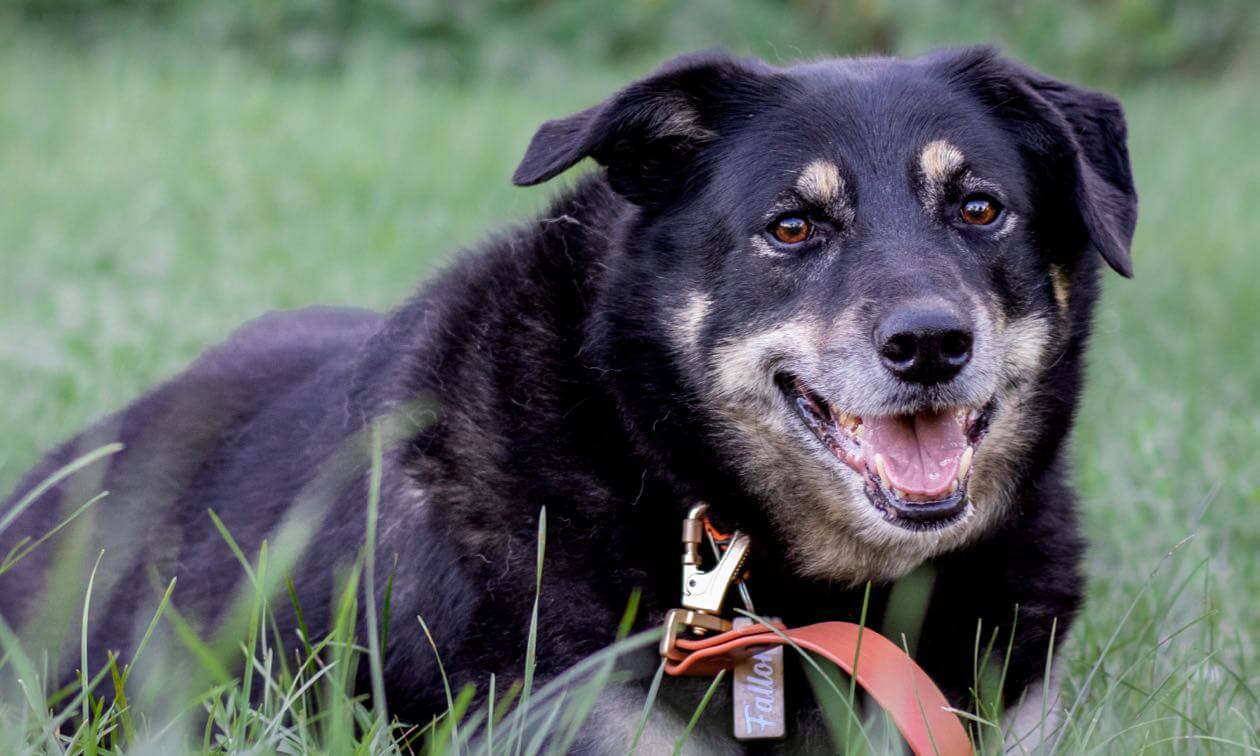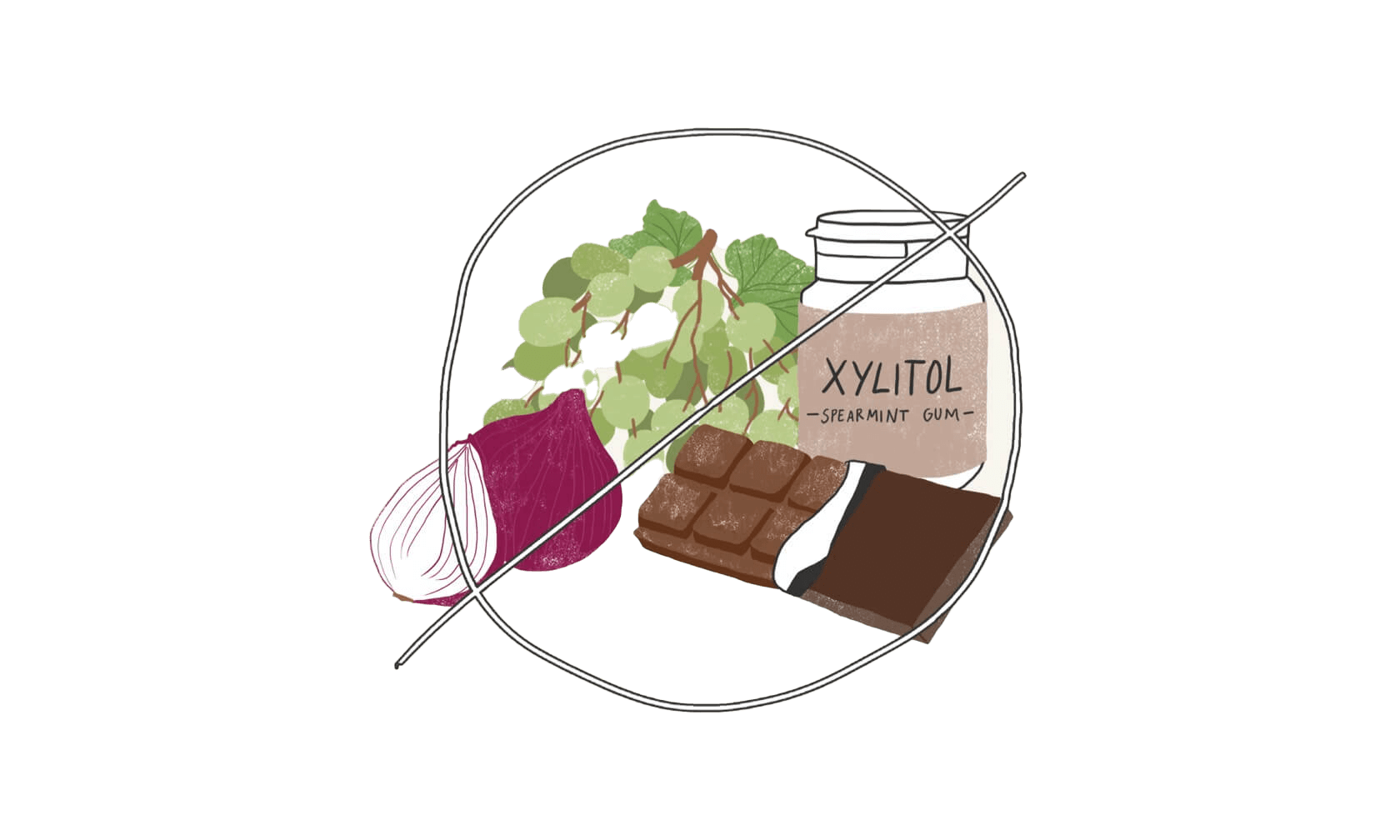Did you know that just one bite from an infected mosquito could put your dog at risk for heartworm disease? An infected mosquito bites your dog and infects it with larvae. The heartworms mature inside your dog, living in blood vessels and the heart, and can cause permanent damage. Even indoor pets can become infected and get heartworm disease, so it's important to do everything you can to prevent it.
Topical Mosquito Repellants for Dogs and Cats
There are products available for dogs that repel mosquitoes (such as collars). However, just using a repellent alone will not prevent heartworm disease. To make sure your pet is protected from heartworm disease, ask your veterinarian to recommend a heartworm preventative.
Unfortunately, there are no safe prescription repellants for cats. Since there's also no treatment for heartworm disease in cats, it's very important to keep your cat on heartworm prevention and implement environmental controls to repel mosquitoes.
Mosquito-repelling Yard Options
- Eliminate Stagnant Water
Mosquitoes love locations with standing water since it makes an ideal breeding ground. Cover, clean, or eliminate water containers, ponds, or puddles. - Attract Mosquito-Eating Birds
Grow plants or provide feeders that attract birds in your area that love to nibble on mosquitoes. - Attract Dragonflies
Create a habitat away from your home to lure the mosquitoes away and attract the dragonflies to eat them. - Professional Outdoor Mosquito Control
You can have your yard area treated by a licensed professional who can eliminate and provide a barrier against mosquitoes (and ticks, as a bonus). Keeping mosquitoes away aids in the prevention of heartworm disease especially when combined with a heartworm preventative. Just make sure the products they use are safe for your pets.
What Mosquito Repellants Are NOT Safe for Pets?
Never apply mosquito repellant on your pet that isn't intended for pets (like human-only products). Some repellants claim to be safe for pets, whether commercially produced or DIY recipes, but can actually be harmful. Always consult your veterinarian before applying any commercial or DIY products.
Remember to never apply dog-only products that contain pyrethrin/permethrin to cats. The results can be fatal.
The following are repellants that should not be used around pets.
- DEET
Avoid all products (especially those intended for human use only) that contain DEET (diethyltoluamide). Pet exposure to DEET, whether via contact with the skin, eyes, or orally, can lead to complications. If your pet exhibits any clinical signs after exposure, seek veterinary care. With appropriate and timely care, recovery typically takes 24 to 72 hours. Clinical signs of exposure include: - Hypersalivation (drooling)
- Irritation to the eyes, mouth, throat, and lungs
- Vomiting
- Diarrhea
- Tremors
- Excitation (panting, jumping, vocalizing, restlessness, full-body shaking)
- Ataxia (abnormal and unsteady gait)
- Seizures
- Citronella
This popular repellant is available in different forms (candles, oils, sprays, necklaces, clip-on). The citronella plant is toxic to pets. Exposure topically can cause rashes, while consumption of the plant or oils in large amounts can cause vomiting, weakness, depression, and hypothermia. There is also a fire hazard risk with citronella torches and candles around excited and playful pets. - Essential Oils
There are safe ways to use essential oils around pets but always consult your veterinarian first. Clinical symptoms of toxic exposure depend on the oil used and whether they smelled, ingested, or ended up with it on their skin. They can include skin irritation, gastrointestinal upset, liver damage, and neurologic abnormalities, to name a few. - Mosquito-Repelling Plants Unsafe for Pets
Just because the plant gets rid of mosquitoes doesn't mean it's safe to have around your cat or dog. - Garlic
This natural and powerful plant repellant contains natural sulfur, which repels mosquitoes, but is toxic to pets. Ingestion can cause gastrointestinal upset and destruction of your pet's red blood cells resulting in anemia. Symptoms of anemia can include lethargy, pale mucus membranes (like their gums), elevated heart and respiratory rate, weakness, and collapse. - Geranium
The plant is toxic to dogs and cats, but the oil is safe when used properly. Symptoms of toxicity include skin irritation, vomiting, diarrhea, lethargy, and lack of appetite. - Lavender
Lavender plants contain a compound called linalool that can be toxic to pets. However, toxicity is uncommon since the plant has such small concentrations of this compound. Pets generally need to consume large quantities to suffer toxic effects. Symptoms of toxicity include nausea, vomiting, diarrhea, and weakness. - Marigold
This well-known insect-repelling plant emits a smell that repels mosquitoes. However, it is considered toxic to pets. If ingested, it can cause gastrointestinal irritation. Skin irritation can result from contact with sap from the plant. - Mint
The menthol of the mint plant repels and controls mosquitoes. If pets ingest it in large quantities, it can cause vomiting and diarrhea.
The best way to prevent your dog or cat from getting heartworm disease is by talking with your veterinarian and getting an approved heartworm preventative medication from them.
ZPC-02554



